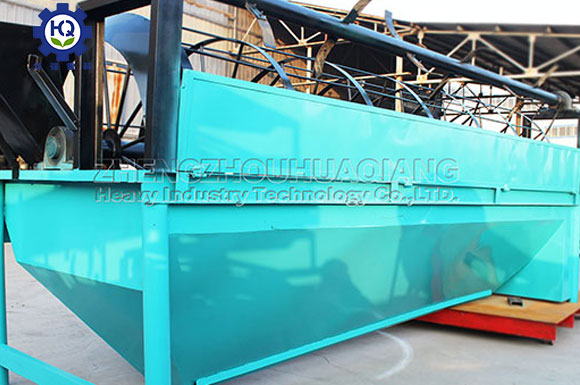
In organic fertilizer production, the fertilizer screener machine is crucial for ensuring uniform particle size in the final product. Its efficiency directly impacts overall output and product quality. Here are the key factors affecting screening efficiency:
1.Material Characteristics
Moisture Content: High moisture (>30%) can make material stick to the screen, blocking holes. Low moisture (<10%) creates dust, reducing screening effectiveness.
Particle Shape and Hardness: Irregular or very hard particles can get stuck in the mesh, slowing down fertilizer screener machines efficiency. Soft particles might break, affecting the final yield.
2.Screen Selection
Aperture Size: Screen hole size must match the final product specs. Holes too big let coarse material through; holes too small reduce how much passes through.
Material and Durability: Stainless steel screens resist corrosion but cost more. Polyurethane screens are more flexible but wear out faster. Choose based on the material.

3.Machine Operating Settings
Vibration Frequency and Amplitude: Too high a frequency (>1500 rpm) makes material fly off; too low (<800 rpm) leads to incomplete screening. Amplitude is typically kept within 3-8mm.
Screen Angle: A steep angle (>15°) moves material faster but screens less thoroughly. A shallow angle (<5°) causes material to pile up.
4.Maintenance and Cleaning
Screen Blockages: Cleaning regularly (every 2-4 hours) reduces material buildup, keeping screening efficient.
Bearing and Vibrator Motor Condition: Lack of lubrication or wear reduces vibration effectiveness. Regular checks are needed.
Optimizing these factors can significantly boost fertilizer screener machines efficiency, lower energy and maintenance costs, and ensure smooth, stable organic fertilizer production.